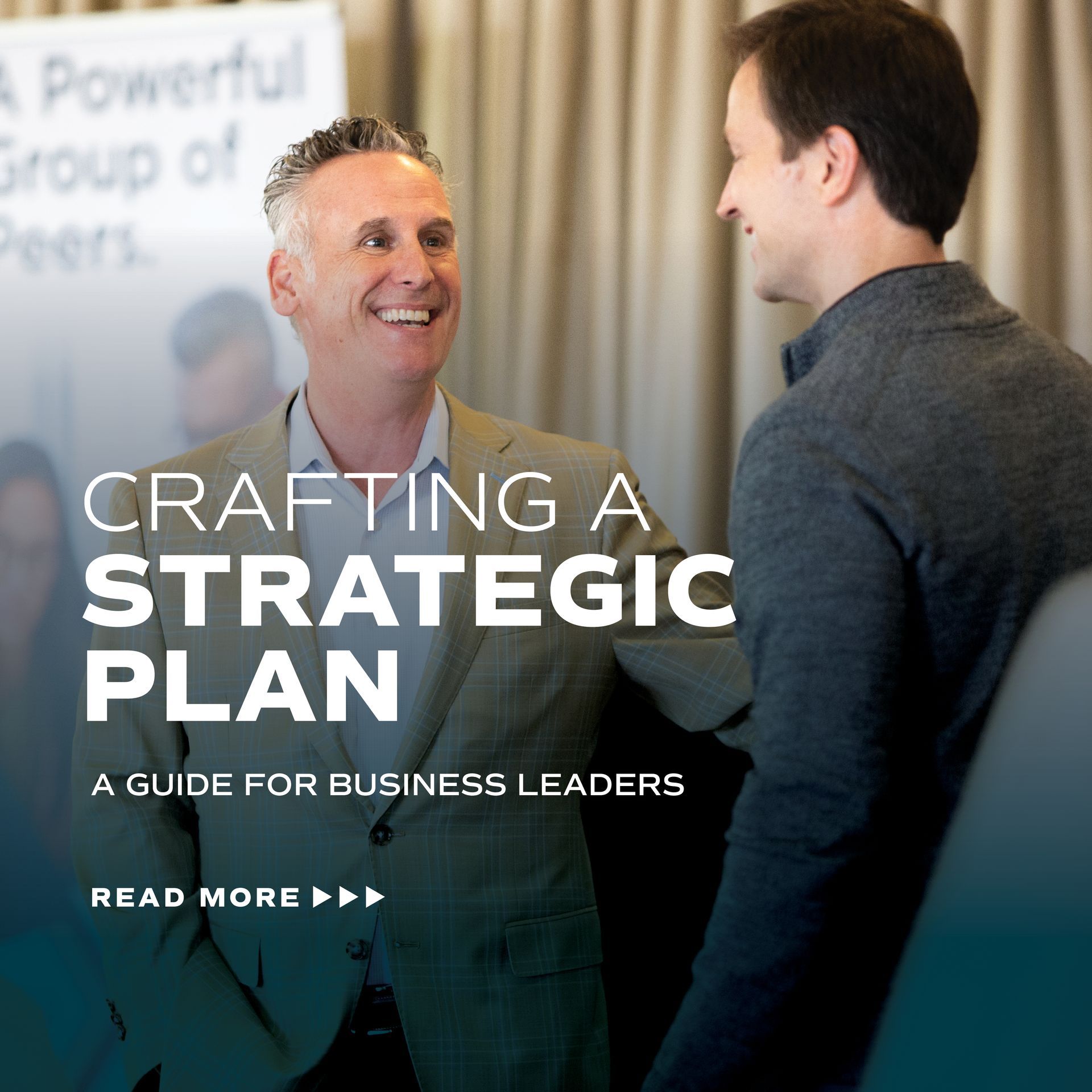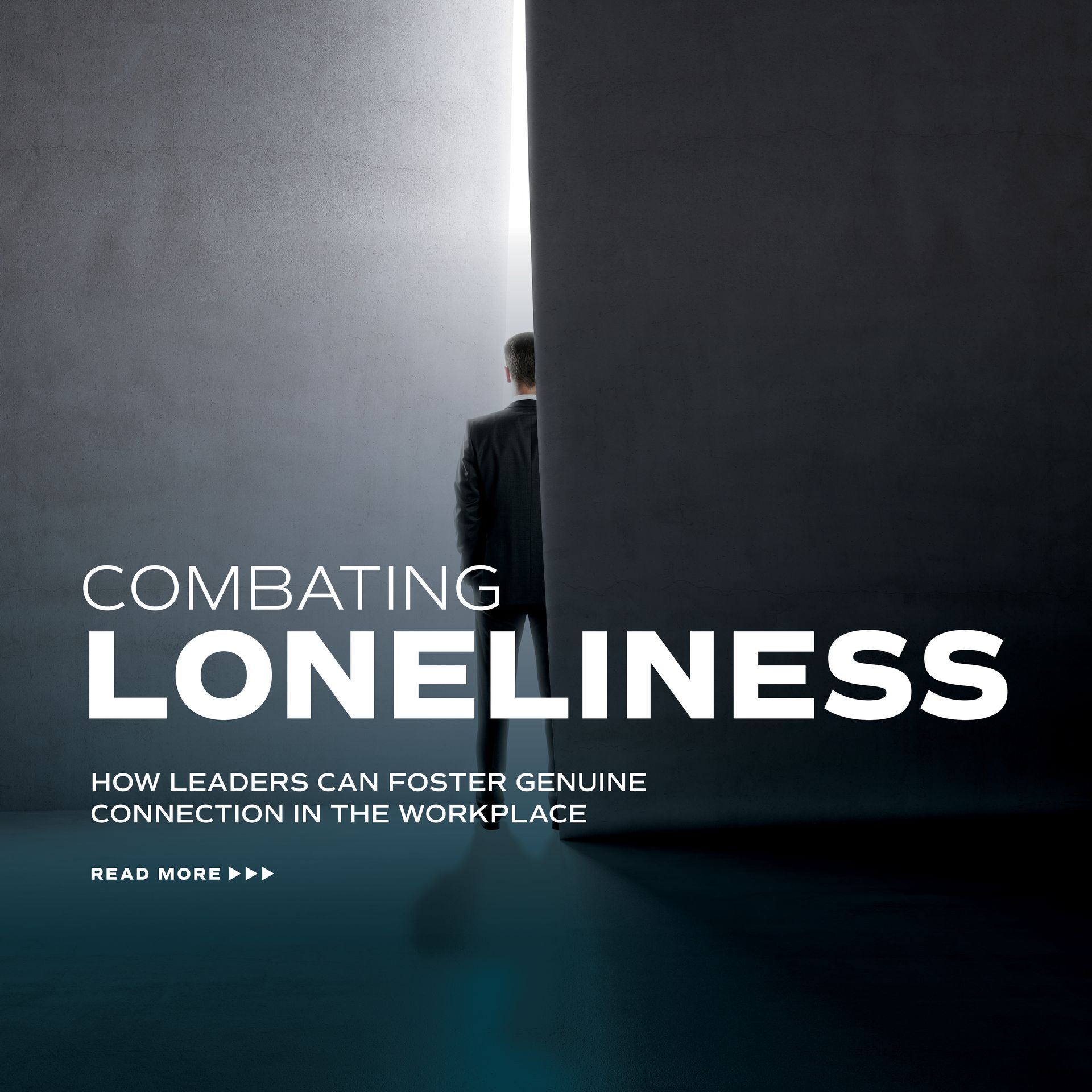CONTACT US
The Downfall of Neutrality
Why Taking a Stand Matters
We are called to live with purpose, reflecting God’s love and advancing His Kingdom in everything we do — remaining neutral is not a viable option. Neutrality may seem safe, but as Seth Godin aptly wrote in The Cost of Neutral, “Not adding value is the same as taking it away.” Neutrality not only fails to inspire but can also erode trust, purpose, and impact. Whether in business, leadership, or life, choosing not to act is still a choice—and often, it’s the wrong one.
Neutrality: The Silent Deceiver
Remaining neutral often feels like the safest course of action, but it is deceptively dangerous. Neutrality deceives us into believing that inaction or passivity is harmless. In truth, it is often a form of disobedience. As the saying goes, “Delayed obedience is disobedience.” Consider the servant in Matthew 24:45–51, who failed to act responsibly in his master's absence. His neglect was not an act of defiance but a failure to add value—a choice to do nothing. This resulted in severe consequences. Similarly, leaders who remain neutral in critical moments risk squandering the potential to create positive, lasting impact.
The Ripple Effects of Neutrality
Neutrality’s consequences are not limited to lost opportunities. As Godin argues, neutrality comes at a steep cost because it signifies indifference. This indifference can lead to:
- Erosion of Purpose: Leaders who fail to take a stand often lose sight of their mission. Without intentional decisions that align with a greater vision, individuals and organizations can drift aimlessly, leading to stagnation.
- Loss of Trust: Neutrality can be perceived as a lack of courage or conviction. Whether in leadership or personal relationships, people follow those who are clear about their values. Inaction in moments of moral or strategic importance can erode trust and credibility.
- Stifled Growth:
Neutrality often leads to the underutilization of resources, whether it’s failing to invest in team development, avoiding necessary changes, or neglecting opportunities to make a meaningful impact. Growth requires action, intentionality, and a willingness to step into uncomfortable spaces.
Why Neutrality is Never Neutral
Neutrality, while tempting, often stems from fear—fear of conflict, failure, or the unknown. Yet, every decision we make reflects our priorities and values. Neutrality is never neutral; it is a decision to abdicate responsibility and purpose.
The parable of the ten minas (Luke 19:11–27) provides a stark reminder: the servant who buried his mina out of fear and chose to remain neutral was condemned for his inaction. His neutrality did not protect him—it cost him everything. As stewards of time, talent, and resources, we are called to multiply what we’ve been given, not bury it.
The Alternative: Adding Value with Intentionality
To counter the pitfalls of neutrality, we must embrace action and intentionality. This involves moving beyond passive compliance to active engagement. We are stewards of what has been entrusted to us, and our decisions should reflect that responsibility.
Economic Value
Leaders must prioritize sustainable growth and the effective use of resources. Focusing solely on metrics like sales, without considering long-term value, often leads to results that are hollow. True stewardship requires creating businesses that not only generate revenue but also provide enduring benefits to employees, customers, and communities.
Team Value
Investing in people is one of the most impactful ways to add value. Encouraging growth, fostering a flourishing culture, and aligning individual contributions with a greater purpose are all ways to combat the stagnation neutrality breeds. Psalm 8 reminds us of the honor God has given humanity and the responsibility to steward others well.
Spiritual Value
Perhaps most importantly, neutrality in spiritual matters leaves us ineffective in our mission. Every decision is an opportunity to reflect God’s love and advance His Kingdom. Choosing to act on our faith—whether through workplace ministry, community outreach, or personal discipleship—has eternal significance. Businesses can and should serve as platforms for impact that extends beyond profit.
Taking the First Step
Breaking free from neutrality requires courage. It means embracing risk, standing firm in your values, and trusting that God will guide your steps. We are not called to perfection but to faithfulness. By stewarding what has been entrusted to us—our businesses, relationships, and opportunities—we can add value that echoes into eternity.
As Seth Godin writes, “Not adding value is the same as taking it away.” Neutrality, while seemingly harmless, is often a missed opportunity. By taking intentional steps to add value—economically, relationally, and spiritually—we demonstrate commitment to living purposefully and faithfully.
Conclusion: Join a Movement of Value-Adding Leaders
Neutrality is comfortable, but it leads to complacency. Action requires courage, but it leads to impact. As leaders, parents, and community members, we are called to more than passive existence. We are called to add value, steward resources, and advance a greater mission.
If you’re ready to move beyond neutrality and lead with intentionality, you’re not alone. Join other leaders in Georgia and South Carolina who are committed to adding value in every area of their lives and businesses. Together, we can create a legacy of purpose and transformation.
Connect with local leaders today at C12 Georgia and South Carolina and discover how you can add value and make a difference.











